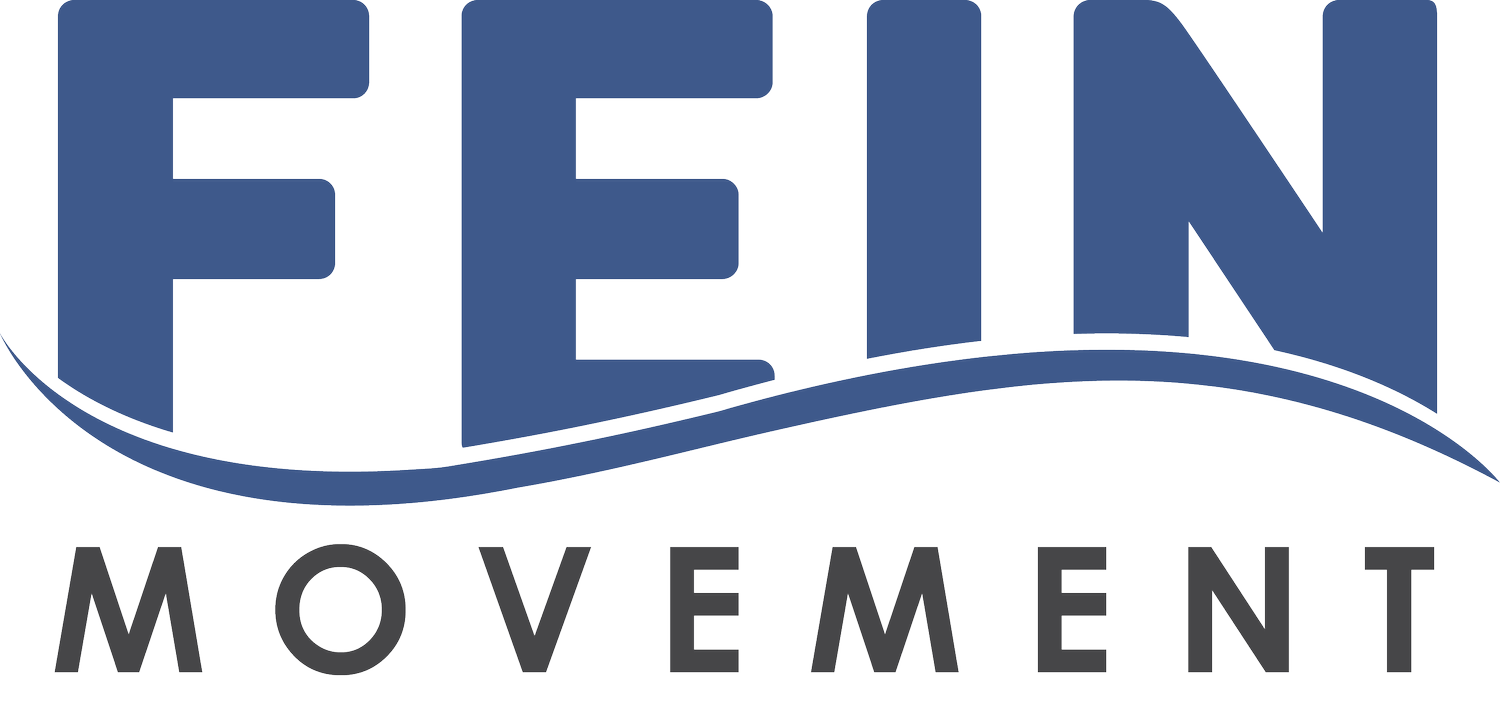An alternative to “muscle memory”
Are you familiar with this idea — muscle memory?
To get better at something, we repeat - repeat - repeat until we memorize the right way to do it. Serena Williams memorized how to swing a racket and Steph Curry memorized how to shoot a ball, right?
Not so fast…
The Cast Test
Put Steph Curry in a walking boot. Or tape up his knee. Make him wear a winter jacket. Suddenly, he won’t be able to go through the exact memorized perfect technique. But do you really think he won’t be able to make shots?
Or more relevant to his career…put a defender on him! In real games, he has to sprint around, deal with multiple defenders bumping him, tugging at his jersey, and stretching out to try blocking his shots. And yet, he seems to find ways to ALTER his technique and find a way to get the ball in the basket.
A Better Story: Puzzles
When Serena Williams returns a serve, she doesn’t know how her opponent will hit the ball. Will it be to her right or left? Will it bounce high or low? Will it have a ton of spin or be relatively “flat”? What if the wind picks up or a cloud moves in front of the sun?
How could she possibly use a memorized technique? She can’t.
Instead, let’s think of her as the best puzzler ever. She has certainly practiced for thousands of hours. But rather than simply memorizing one “right” technique, it’s been a much more complex process of continuing to solve more and more new puzzles.
So what are we really practicing?
I don’t mean to say that practice doesn’t work. Or that whoever practices the most puzzles will necessarily be the best. Here’s the shift:
When we’re practicing, we’re learning what information is important. Steph Curry has become an expert at SEEING a basketball hoop and FEELING the ball. He doesn’t need his joints to go through exactly the same movement every time because they’re able to figure out a way to solve the puzzle as it’s happening.
Next time you go to practice a skill, try to put on your puzzling hat, and see what you learn!
Was this article helpful? Please share it with a friend or on social media!
Want to go deeper into skills? Join the free club here.

